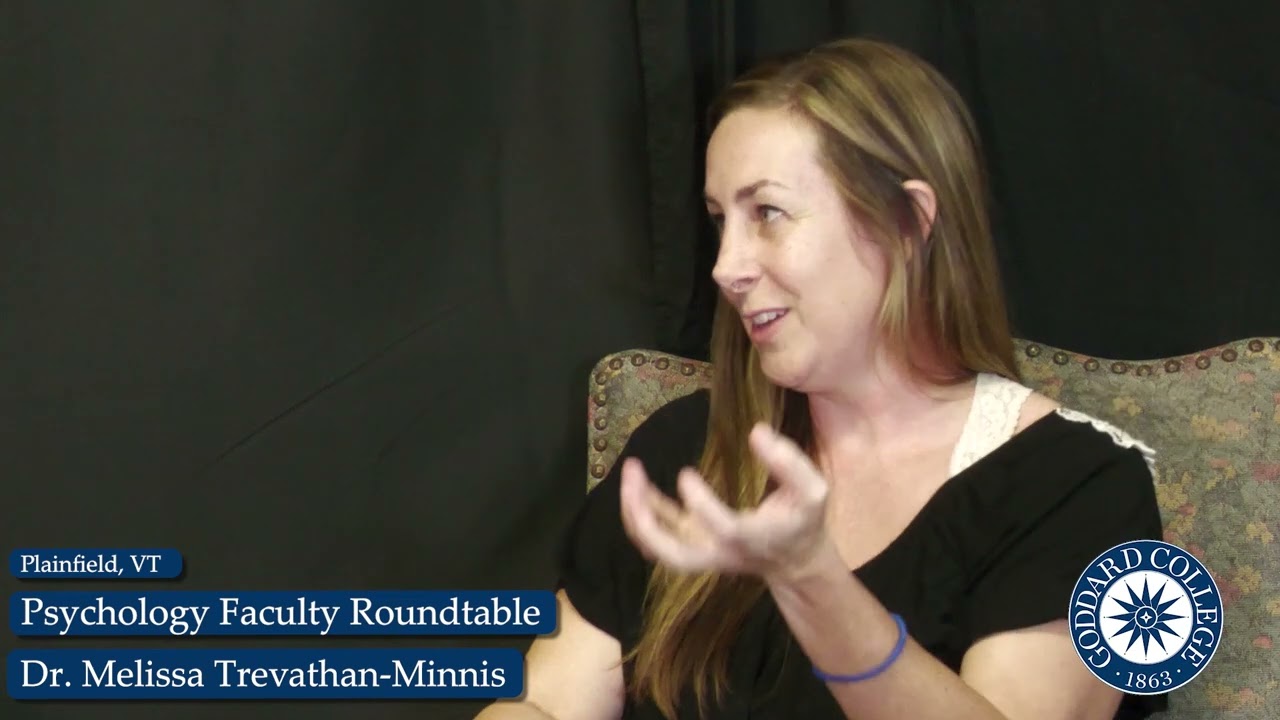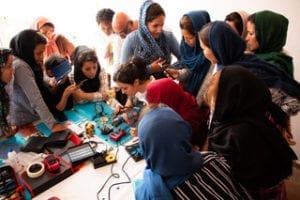Others have cleared our path, whether we know it or not and often we don’t. On sexual abuse within the family, a twenty-ish student of mine recently breezed through the history of psychology by noting the following: ” . . . with the dismantling of Freud’s dominance, most American mental health professionals eventually became aware of the full scope and reality of the issue.”
Since I was present at the dismantling, I would like to tell you a little bit about how it happened.
For those who don’t know, through the first seventy years of the twentieth century, the years that were the cradle of modern psychology, if a woman entered a mental health professional’s office and related childhood stories of being coerced or seduced into some kind of sexual interaction with an adult male, the therapist would inform her that these events had not in fact occurred. “No, no, no,” the psychotherapist might say, these are the projections of your Electra Complex, an infantile longing for sexual union with a powerful father. This longing, being basic and profound, has convinced you that the taboo events occurred.
Still with me? The Electra Complex would have been considered something like the gold standard of understanding women’s psychology. It was part of best practices. (Note to self: Be wary of the term “best practices.” Doctors applied leeches to a feverish George Washington and by morning he was dead.)
So, 1975. The second wave of the women’s movement has entered national consciousness. Women are discovering the power of talking to each other in the context of questioning common assumptions. This is called consciousness-raising and it is happening in many parts of the U.S. Among some of the darker truths that emerged at this time were personal accounts of rape, wife-beating, child abuse and incest.
The impact of this truth-telling on psychology and psychiatry was profound. In her ground-breaking book Father-Daughter Incest, Judith Herman describes it this way:
Lisa Hirschman and I were both starting our clinical practice. In the course of these meetings we discovered that both of us had seen what seemed like an alarming number of women with a history of incest. We were disturbed both by our patients’ complaints and by the way these complaints had been ignored by more experienced clinicians.
They published the results of this talking together and listening to clients in 1981. Herman and Hirschman were not alone. As they were doing their investigations, other women were coming forward with personal accounts of sexual abuse within the family or professional understandings of its prevalence.
So, dear reader, notice this progression: Stories long dismissed, ignored or misinterpreted are told by women, to each other, this speaking together creates courage of convictions. From this listening and speaking emerges a critique of the current, the accepted social order, then asking questions and gathering data. Later there is reporting out, action, and eventually a major change in a particular paradigm, including public awareness and education, multiple new approaches to injustice, and new legislation.
Of course, the women’s movement itself stood on the shoulders of the labor movement, the anti-Vietnam War protests and the Civil Rights movement. But that, as they say, is another story.







